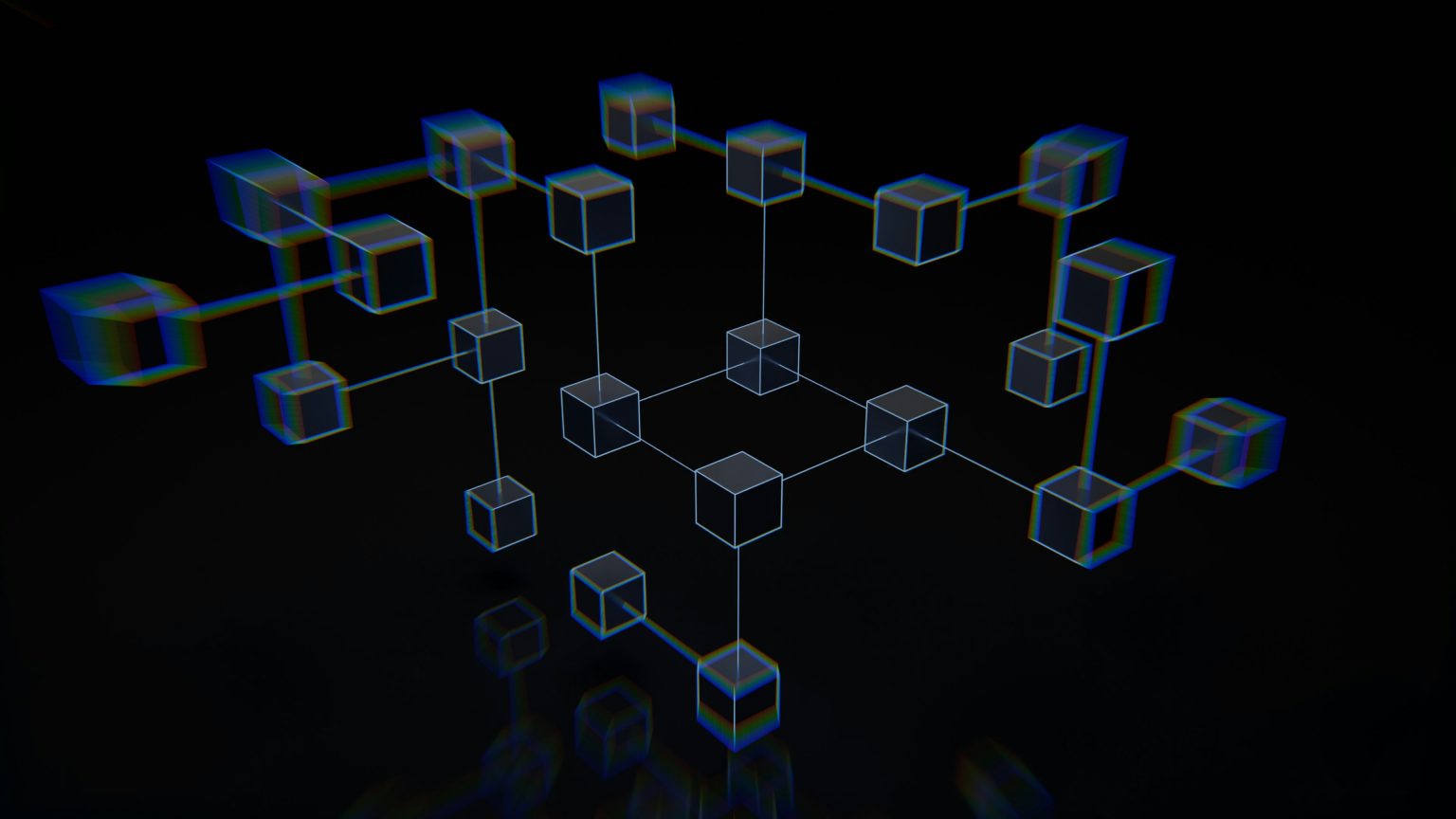When we think of blockchain in government, transparency and efficiency in civil services often come to mind. However, a less discussed but equally critical application lies in bolstering national security and resilience in ways that are not always visible to the public eye but are vital for a nation’s stability. The inherent characteristics of blockchain – immutability, decentralization, and enhanced security – offer powerful tools for safeguarding critical infrastructure and processes.
The traditional, centralized data systems often used in security and defense can be vulnerable single points of failure. Blockchain offers a paradigm shift.
Securing sensitive supply chains
National security heavily relies on the integrity of its supply chains, whether for defense equipment, critical medical supplies, or essential technology components. Blockchain can provide an immutable and transparent record of every item’s journey, from origin to destination. This helps in:
- Verifying the authenticity of components and preventing counterfeits.
- Tracking sensitive materials to prevent diversion or unauthorized access.
- Ensuring compliance with procurement regulations and ethical sourcing. Specialized blockchain development solutions can create permissioned ledgers where sensitive data is accessible only to authorized entities, maintaining secrecy while ensuring integrity.
Immutable intelligence and evidence logging
The gathering and preservation of intelligence and forensic evidence are paramount. Blockchain can create an unalterable chain of custody for digital and physical evidence. Every access, modification attempt, or analysis can be logged immutably, enhancing the reliability of information used in national security operations and legal proceedings. This reduces the risk of tampering and strengthens the credibility of crucial data.
Resilient communication networks
In times of crisis or cyber-attack, centralized communication systems can be targeted. Blockchain can facilitate decentralized and encrypted communication channels that are more resilient to takedowns or censorship. While not a replacement for all communication systems, it can offer a robust backup for critical information exchange between government agencies or with international partners.
Protecting critical infrastructure data
The operational data from critical infrastructure like power grids, water supplies, and transportation networks is a prime target for cyber-attacks. Storing critical operational logs and access controls on a distributed ledger can make it significantly harder for malicious actors to tamper with data undetected or gain unauthorized control. Any attempted breach would leave an indelible mark on the blockchain.
The adoption of blockchain development solutions in these sensitive areas requires a careful, phased approach, focusing on creating robust, private, or consortium blockchains tailored to specific security needs. The “unseen ledger” may not make daily headlines, but its role in fortifying the backbone of national security could be one of the most impactful applications of blockchain technology in the governmental sphere, ensuring a more secure and resilient future.



